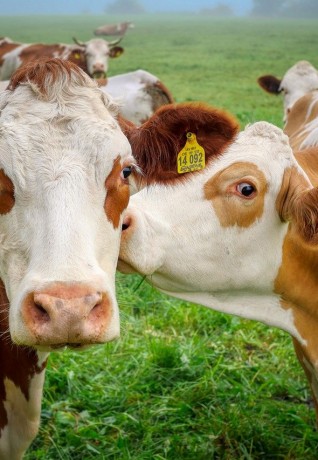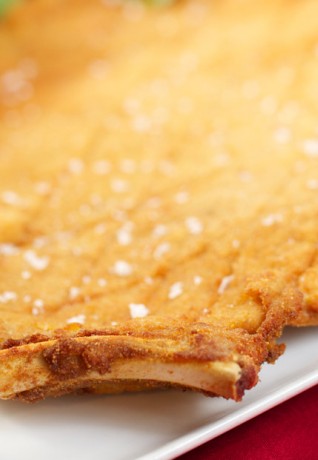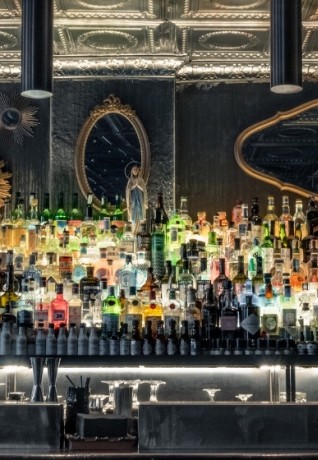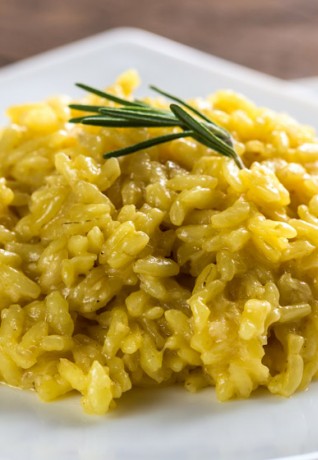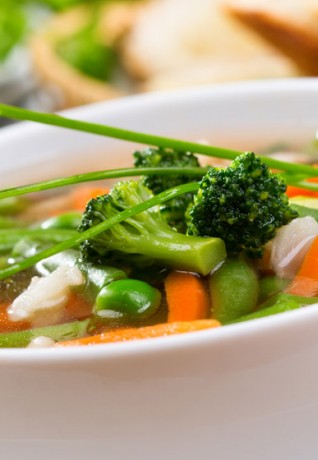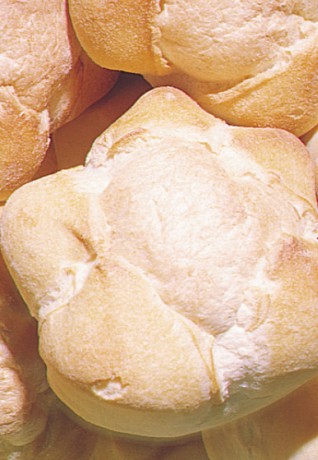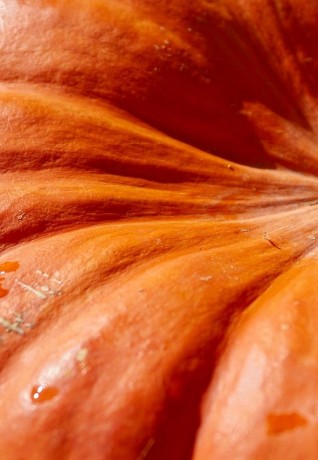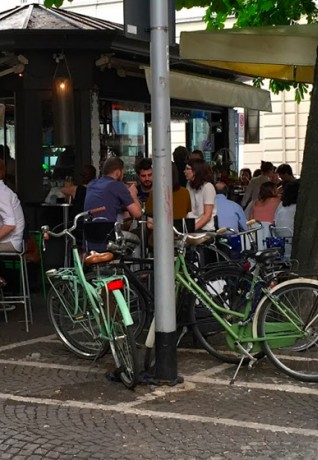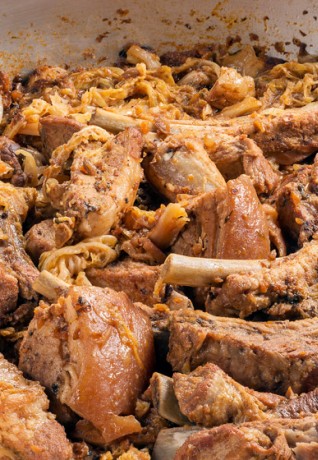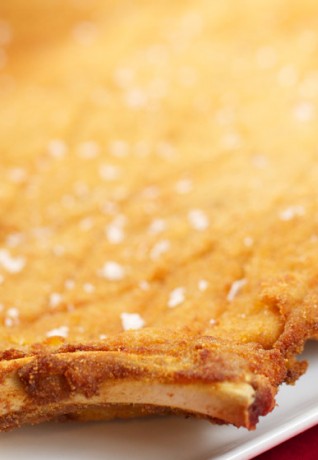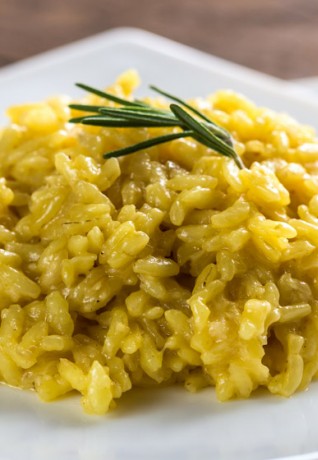The Mediterranean Diet
Ten years since UNESCO declared it an intangible cultural heritage of humanity
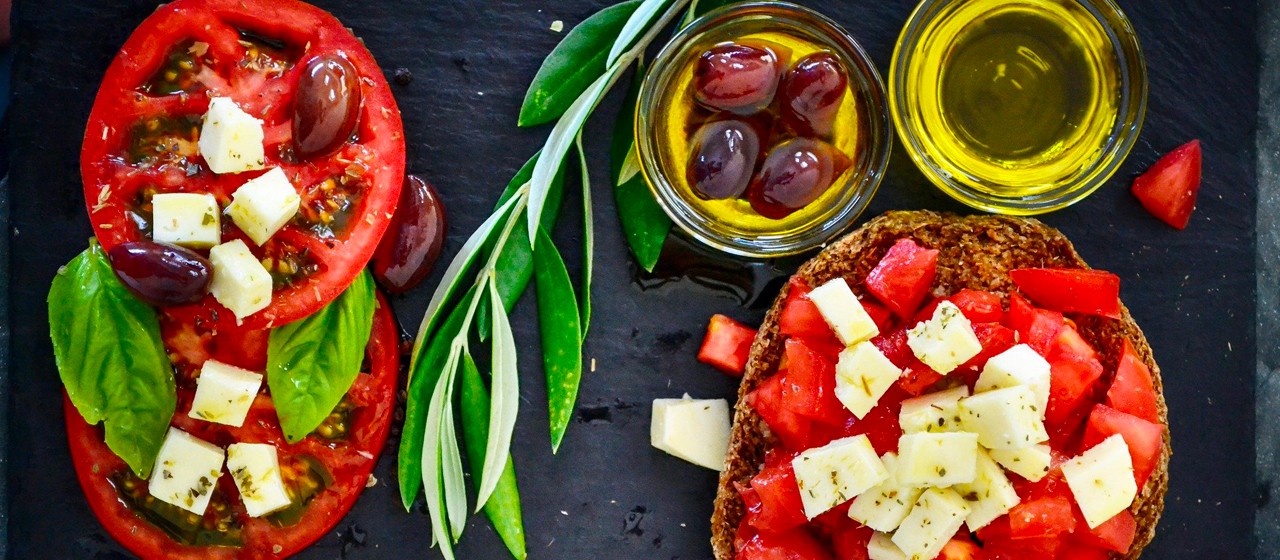
On November 16th, 2020, celebrations marked the tenth anniversary since UNESCO added the Mediterranean Diet to its Intangible Cultural Heritage List.
Internationally acknowledged as one of the pillars for daily well-being, the healthy, long-term dietary plan known as Mediterranean Diet is, according to many nutritionists and doctors, one of the most balanced food regimes. It is rich in essential micronutrients our bodies need to maintain both physical and mental good health as it endorses foods rich in vitamins and minerals, whole grains, white meats - and a glass of red wine as opposed to spirits.
Mediterranean Diet is a lot more than just a list of foods as - importantly - it promotes social interaction and provides both communal and individual benefits. Gathering for a meal together is at the basis of social interaction and the occasion for special moments shared by families and friends - a mechanism for facilitating social bonding.
The action of eating nourishes our organism, but it also enables us to feel closer to others by sharing laughter and reminiscing about stories or family moments. It should be based on respect for the land and biodiversity and guarantee the conservation and the development of traditional products and activities related to fishing and agriculture. Sometimes even movies contribute in spreading globally the incredible cultural heritage of the Mediterranean Diet.
Who could ever forget the character of Felice, played by Totò in Miseria e Nobiltà (Poverty and Nobility), his face lighting up in front of the infamous huge serving of spaghetti? Or Alberto Sordi in Un americano a Roma (An American in Rome) when, after trying to absorb as much American culture and lifestyle as possible, main character Nando Moriconi shoves American food aside and surrenders to the temptation of pasta?

 Log in
Log in



